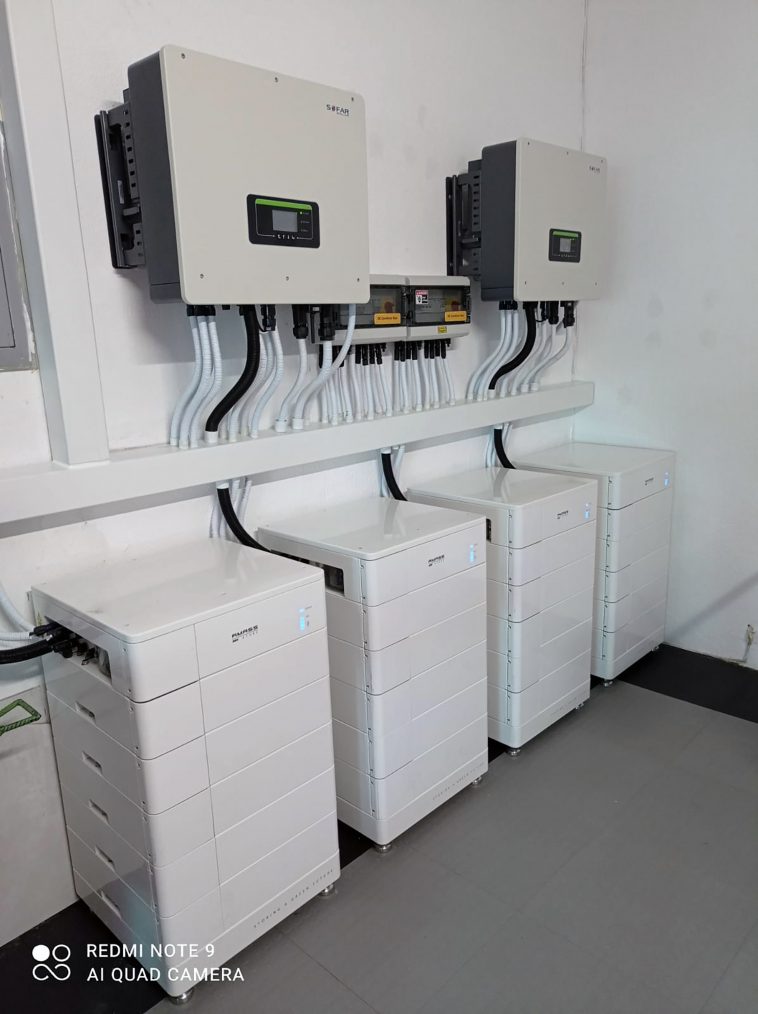Everyone has an opinion or assumption about what going off-grid means. Unfortunately, many of these opinions are wrong which can lead to unrealistic expectations. The definition of ‘off grid’ refers to disconnecting from the electrical grid and relying on self-sustaining, renewable energy sources.
Here are some facts and fictions about going off-grid. The first fact is that going off-grid can reduce your reliance on fossil fuels and potentially lower your carbon footprint. This of course requires significant planning and investment to establish a reliable off-grid system for powering your home. Going off-grid can also offer greater independence and self-sufficiency, particularly in remote locations or in a situation such as ours where we are subject to frequent power outages.
A common misconception is that going off-grid is always cheaper than staying on the grid. While you may save money in the long run, the initial investment and ongoing maintenance costs can be significant, and consumers should be aware of these costs before embarking on their off-grid journey.
Another misconception about going off-grid is that it translates into complete self-sufficiency. Depending on your location, your budget and the size of your system, you may still need to rely on the grid or backup power sources at times. One can either go completely “off-grid” or semi-off-grid.
On a completely off-grid system, the connection from the national power provider is completely disconnected and the account with the energy provider cancelled, saving on monthly connection costs. Semi off-grid systems can keep the national power provider connection in case of very long outages or smaller battery banks, using grid power to power appliances when/if necessary. These inverters can be set to use solar power as a first option, a battery to assist or provide power when the solar energy is insufficient or non-existent (such as in the evening), as second option and use utility – Eskom or generator – as third option in case of prolonged rain or in the case of smaller battery banks.
It’s worth bearing in mind that despite the often considerable investment in going completely off-grid, which may take several years to see a return on investment, the installation of your solar system will save you money on your energy bills over time and give you peace of mind in a time where energy provision is inconsistent. Moreover, your installation can increase the value of your home, making it more attractive to potential buyers.
If you’re considering going off-grid, it’s important to evaluate your energy needs, location, and budget to determine the best approach. This may involve a combination of renewable energy sources, energy-efficient appliances, and lifestyle changes to reduce your overall energy consumption. Consulting with a professional company in the renewable energy industry can help you make an informed decision and design a system that meets your specific needs.









